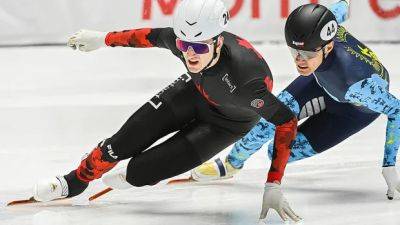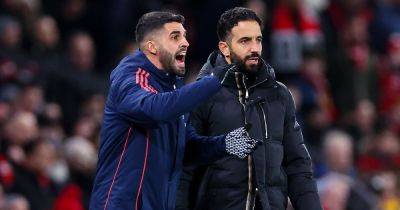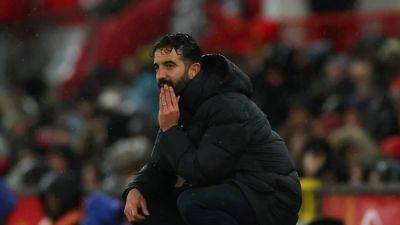Slim margins: Recognizing a need to improve, Marsch looks to bolster Canada's set-piece potency
In contrast to Toronto's wide-open skies, Jesse Marsch used his last training session before Tuesday's match against Suriname to focus on soccer's tighter, more regimented moments: set pieces.
"We feel like we're a strong, big, athletic team, and we should take pride in the fact that if we can become a really good set-piece team, it will boost our chances to win in big moments," Marsch said after watching his men practice the often-orchestrated plays that start with dead balls, such as corner and free kicks.
Canada won the first leg of its CONCACAF Nations League quarterfinal against Suriname in sweltering conditions in Paramaribo last week, after some late heroics from Junior Hoilett gave them a narrow 1-0 victory.
The score was closer than it should have been, in part because of the team's ongoing frustrations with set pieces. Canada had seven corners and 15 free kicks in the away leg, several in dangerous spots. None troubled the Surinamese.
"I took some responsibility because I don't think we did enough preparation for that," Marsch said. "But we also talked that as a group we can do more, and we can do better."
Since his arrival in May, Marsch has been hard-pressed to devote precious training time to the game's more granular details. He's been more heavily occupied with expanding his player pool and establishing the rhythms of their open play.
But when weaker teams face strong ones — which will no doubt be the case for 35th-ranked Canada during the 2026 World Cup — set pieces can prove critical levellers, a chance to steal a win after stifling a freer-flowing opposition.
In the professional game, some set-piece coaches have become an unlikely kind of celebrity. Nicolas Jover, who works for Mikel Arteta at Arsenal,








